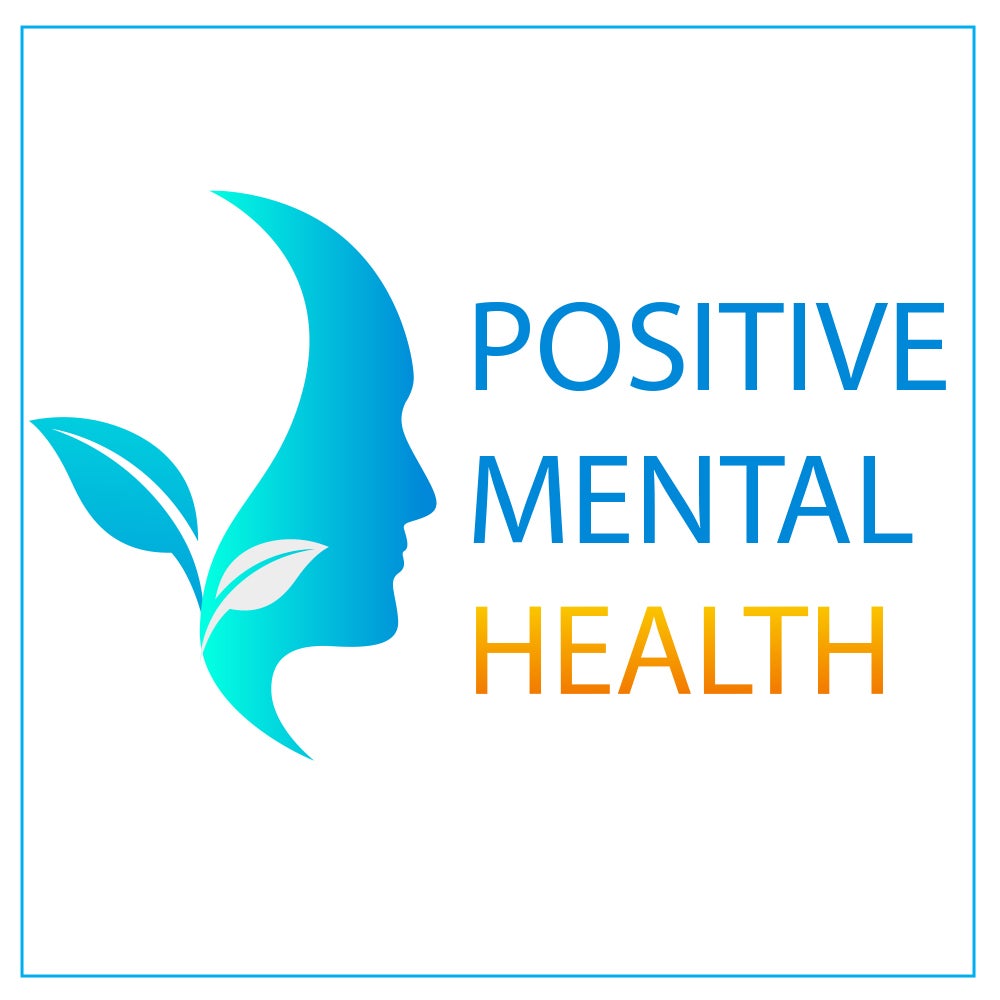Sleep, play, emotional check-ins ease transitions

by Stéphanie Paquette
Parents of school-aged children have recently undergone a transition: the transition from summer to school. For some, their youngest humans have undergone a significant life transition and started
pre-Kindergarten or Kindergarten. This big step can contribute to a variety of emotions for children and parents alike.
I was completely sidelined by my child’s integration into kindergarten. His difficulty separating from me triggered my own anxious reactions, leading to tumultuous morning goodbyes and epic evening meltdowns. After an agonizing week, I integrated and implemented knowledge from my training as a mental health professional with my own child. The suggestions listed below are helping my family find an equilibrium and are contributing to a happier, healthier and calmer home environment.
Adjust the sleep schedule: A long and restful sleep will help ease your child’s emotional dysregulation, as well as your own. They may be transitioning from a daycare, where afternoon naps were the norm. They are adapting to a new physical space, meeting new people and adjusting to a new routine. This is exhausting for them. Getting them to bed earlier will support their emotional, physical and cognitive development.
An earlier bedtime is also great for your mental health! When you have time to wind down, you can relax, organize the family space and engage in activities that nurture your well-being.
Be emotionally responsive: Validate your child’s experience and acknowledge that change can be difficult. Integrating storytelling, both from books and your own personal experience, regarding periods of change, can lead to meaningful conversations about why change happens, how we experience it and tips on how to navigate it.
It is healthy to acknowledge your own difficulties with change, and model strategies that are emotionally responsive towards yourself. Naming your emotion is a great start, along with taking a moment to pause, tune in to where the emotion is situated in your body, and engage in a practice that helps lessen the intensity of the emotion.
Relieve after-school overload: Children’s senses have been stimulated all day and by the time they get home, they may be ready to unleash all their pent-up emotions. Exercise, play or a few minutes of one-on-one time engaging in a preferred activity are healthy ways to re-connect with your child after time apart. This is also an opportunity for you to tune in to your child’s emotional state and your own.
At any time, parents anywhere in Quebec, can contact LigneParents’ professional counsellors by telephone with questions or to discuss situations. This service is free and confidential. Telephone: 1.800.361.-5085 or chat: ligneparents.com.
Stéphanie Paquette, MSW, is a social worker with the English Montreal School Board.









